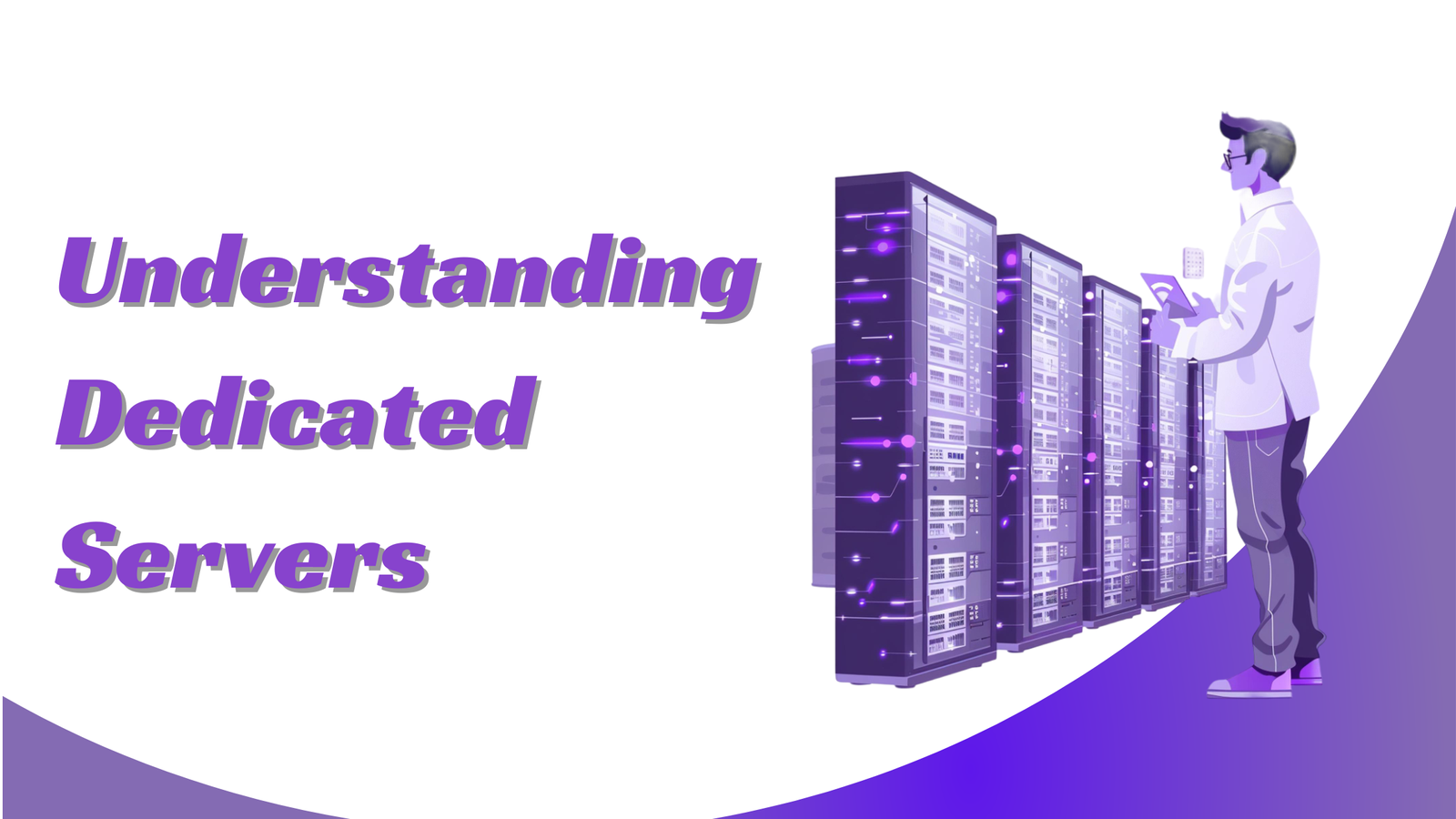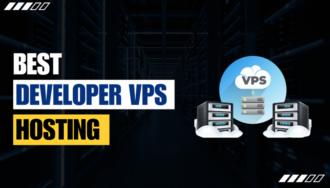Understanding Dedicated Servers: a comprehensive Guide for Modern Needs
In today’s digital landscape, the demand for robust, high-performance infrastructure is more significant than ever. Dedicated servers are a premier solution, offering unmatched reliability and power for various applications. Whether running a high-traffic website, managing resource-intensive applications, hosting online gaming environments, or ensuring secure data storage, dedicated servers provide the foundation to maintain optimal performance. This article delves into the versatile applications of dedicated servers, outlines the costs and considerations involved, and provides essential knowledge to help you make an informed decision for your business needs.
Applications in Modern Life
Dedicated servers can be used in various scenarios due to their high performance and reliability:
- Hosting Websites: Dedicated servers ensure consistent performance and reduce downtime for high-traffic websites. Imagine you run an e-commerce platform with thousands of daily visitors; a dedicated server can handle this traffic efficiently.
- Running Applications: Applications that require significant computing power, such as big data analytics or complex databases, benefit from the robust capabilities of dedicated servers.
- Gaming Servers: Online games demand low latency and high reliability. Dedicated servers provide the necessary performance to ensure smooth gameplay experiences.
- Data Storage and Backup: Businesses that need to store large amounts of data securely and access it quickly can rely on dedicated servers.
Costs and Conditions
The cost of renting a dedicated server can vary widely depending on the hardware specifications and the hosting provider. For instance, on the DeltaHost website, prices for dedicated servers start at around $53 per month for basic configurations and can go up to $288 per month for high-end servers. Annual plans often come with discounts, making them a more cost-effective option in the long run.
Considerations When Choosing a Dedicated Server:
- Budget: Determine how much you are willing to invest in a server.
- Performance Needs: Assess the CPU, RAM, and storage requirements based on the applications you intend to run.
- Support and Reliability: Choose a provider that offers 24/7 support and has a good reputation for reliability.
Technical Specifications Explained
Understanding the technical specifications of a dedicated server is crucial to making an informed decision.
CPU (Cores and Speed):
- Cores: The number of cores in a CPU affects the server’s ability to handle multiple tasks simultaneously. For example, a server with an Xeon E3-1230v5 processor with four cores is suitable for less intensive applications. A server with an Xeon Silver 4214 processor featuring 16 cores would be ideal for high-demand applications.
- Speed (GHz): The speed of a CPU, measured in GHz, impacts how quickly it can process tasks. A CPU running at 3.4 GHz will perform faster than one at 2.1 GHz, making it better suited for applications requiring rapid processing.
RAM:
RAM (Random Access Memory) is essential for multitasking and handling large datasets. Servers with 16GB of RAM are adequate for smaller applications, while 512GB may be necessary for extensive databases or applications with high memory demands. More RAM allows better multitasking and faster data retrieval, crucial for performance-intensive tasks.
Storage:
Storage can range from traditional HDDs (Hard Disk Drives) to faster SSDs (Solid State Drives). HDDs offer larger capacities at lower costs, making them ideal for data storage. SSDs, although more expensive, provide faster data access speeds, which is beneficial for applications requiring quick data retrieval.
Required Knowledge
Operating a dedicated server requires a fundamental understanding of server management. This includes:
- Operating Systems: Knowledge of server operating systems, such as Linux or Windows, is essential.
- Networking: Understanding network configurations, firewalls, and security protocols.
- Software Installation and Management: Ability to install, configure, and maintain the necessary software for your applications.
If you lack this expertise, consider hiring a server administrator or opting for managed services, where the hosting provider takes care of these tasks.
Service Providers
Several Ukrainian companies offer dedicated server services, including DeltaHost, which is known for its wide range of configurations and robust customer support. Other providers include ITLab Hosting and GigaTrans, each offering unique features and pricing structures.
For a comprehensive list of configurations and prices, you can visit the DeltaHost dedicated server page.
Conclusion
Renting a dedicated server is a significant investment in your online infrastructure. It offers unparalleled performance, reliability, and control, making it an excellent choice for highly demanding businesses and individuals. Carefully assess your requirements, compare different providers, and ensure you have the technical knowledge or support to manage your server effectively. Doing so lets you make the most of what dedicated servers have to ensure your projects run smoothly and efficiently.
In summary, dedicated servers provide a powerful solution for various applications, from hosting high-traffic websites to running complex applications and storing large amounts of data. Understanding the costs, technical specifications, and knowledge required to manage these servers will help you decide and choose the best server for your needs.

















